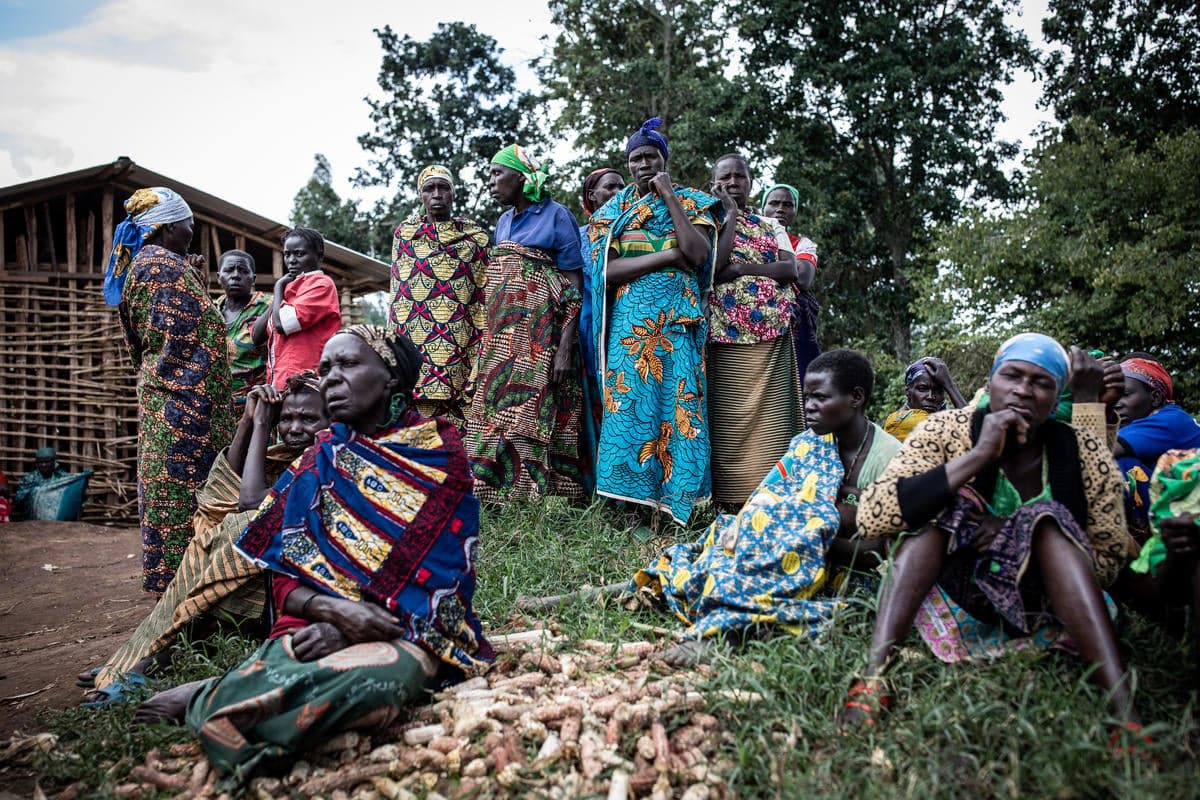Record Number of Conflicts Drives Increased Displacement

UN Secretary-General António Guterres addressed a Ministerial Meeting on the Future of Peacekeeping in Berlin, emphasizing the critical role of UN peacekeepers in fostering global stability. As the United Nations celebrates its 80th anniversary, Guterres highlighted the organization’s commitment to peace through collaborative efforts. He acknowledged the challenges faced by peacekeeping operations and called for innovative strategies to enhance their effectiveness in an increasingly complex world.
The Role of UN Peacekeepers
During his remarks, Guterres underscored the significance of UN peacekeepers, often recognized by their Blue Helmets, as a symbol of global unity in the pursuit of peace. He noted that peacekeepers come from diverse nations, united by their dedication to protecting civilians and maintaining ceasefires in conflict zones. Currently, they are actively engaged in various operations, ensuring that humanitarian aid reaches those in need and laying the groundwork for long-term recovery in war-torn regions. Guterres pointed out that in many troubled areas, the presence of Blue Helmets can be a matter of life and death, showcasing the power of multilateral action in sustaining peace.
The Secretary-General also reflected on the successes of past peacekeeping missions, citing countries like Cambodia, El Salvador, and Liberia, which have achieved lasting peace with UN support. He paid tribute to the 4,400 peacekeepers who have lost their lives in the line of duty, urging attendees to honor their sacrifice with a moment of silence. Guterres emphasized the importance of continuing to strengthen peacekeeping efforts to meet the evolving challenges faced by these operations.
Challenges Facing Peacekeeping Operations
Guterres acknowledged the myriad challenges confronting UN peacekeeping missions today. He pointed to the rise of complex and borderless conflicts, increasing polarization, and the targeting of peacekeepers through misinformation. The ongoing climate crisis further exacerbates instability, leading to record numbers of people fleeing their homes in search of safety. He stressed that peacekeeping operations are only as effective as the mandates that guide them, often struggling in environments lacking political support or clear objectives.
The Secretary-General highlighted the pressing need for adaptable and flexible peacekeeping operations. He noted that differing views on how these missions should function, alongside financial constraints, complicate efforts to maintain peace. Guterres called for a comprehensive review of peace operations to ensure they are equipped to address contemporary challenges while remaining responsive to the unique circumstances of each conflict.
Future Directions for Peacekeeping
In his address, Guterres outlined three key areas for enhancing peacekeeping operations. First, he urged member states to contribute to shaping future peacekeeping efforts through a comprehensive review process. This initiative aims to make peacekeeping operations more adaptable and resilient, ensuring they can effectively respond to the challenges of tomorrow. He cited successful examples, such as the United Nations Interim Force in Lebanon (UNIFIL) and the mission in the Central African Republic, as models for future operations.
Second, Guterres emphasized the need for more flexible resource management in peacekeeping missions. He called for robust mandates supported by predictable financial and logistical contributions, which are essential for the success of these operations. The Secretary-General stressed the importance of collaboration with member states to prioritize achievable mandates and develop clear exit strategies.
Lastly, he highlighted the necessity of political support for peacekeeping missions. Guterres urged member states to mobilize greater backing for political solutions in conflict areas, emphasizing that peace operations cannot succeed without a political resolution. He expressed gratitude for the support of member states and the importance of their pledges in strengthening peacekeeping efforts.
The Importance of Commitment to Peacekeeping
Guterres concluded by reiterating the vital role of UN peacekeeping in promoting international peace and security. He noted that despite facing liquidity issues, peacekeeping remains one of the most effective and cost-efficient tools available, requiring a collective commitment from all member states. He called on nations to fulfill their financial obligations to ensure the sustainability of peacekeeping operations.
As the world grapples with unprecedented challenges, Guterres stressed the urgent need for a well-equipped and responsive UN peacekeeping force. He urged member states to collaborate in shaping peacekeeping operations that meet the demands of current realities and the needs of the populations they serve. Together, he asserted, they can create a more secure and peaceful world.
Observer Voice is the one stop site for National, International news, Sports, Editor’s Choice, Art/culture contents, Quotes and much more. We also cover historical contents. Historical contents includes World History, Indian History, and what happened today. The website also covers Entertainment across the India and World.

